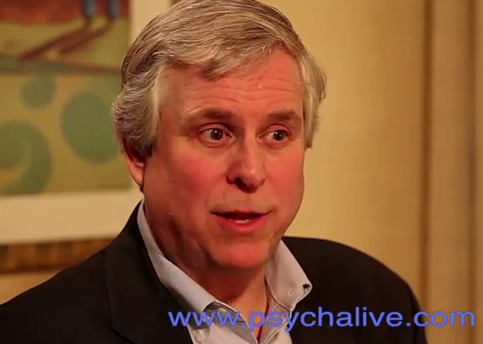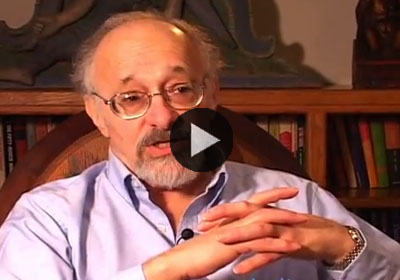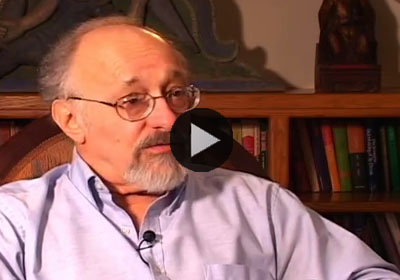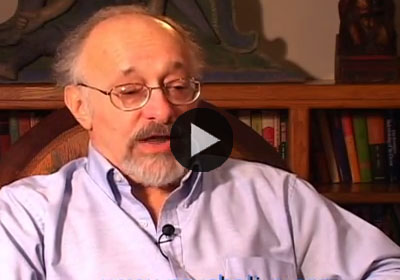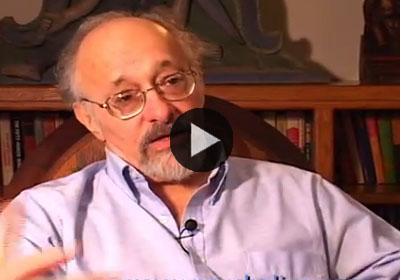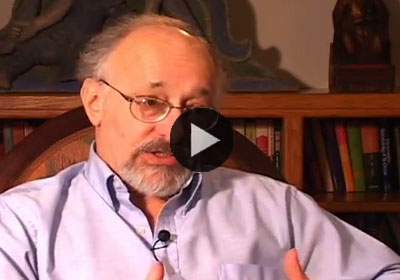Video: Dr. John Norcross explains the 5 basic steps of change
Dr. John Norcross explains the 5 basic steps of change in his book Changeology JN: So it begins in the Psych Step. That is, people are getting motivated, energized, heading in a new direction. As the term designates, it is truly getting revved up. From Psych, we go to the second step of Prep, short… Read more »
Read More

